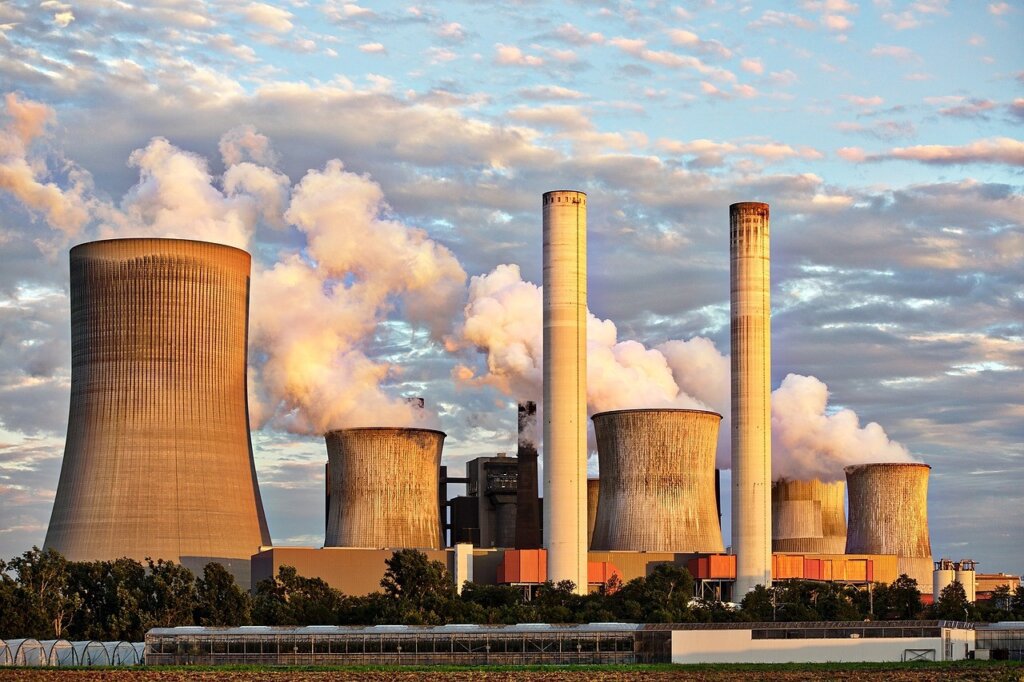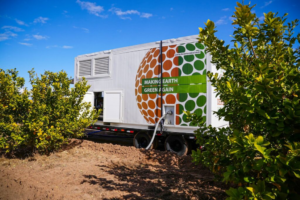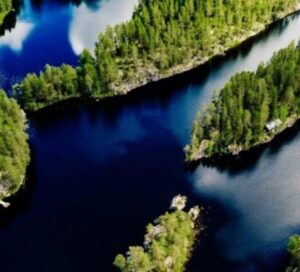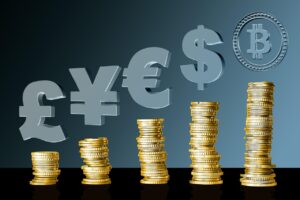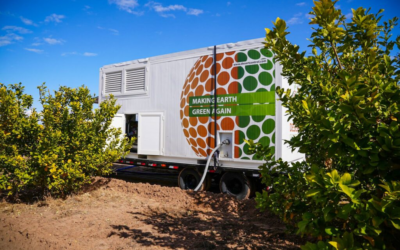Sweden to lift parliamentary ban on uranium mining
Historically anti-nuclear Sweden has announced plans to dramatically increase its nuclear power production. Sweden’s climate minister Romina Pourmokhtari has announced plans to lift the country’s ban on uranium mining and make way for increased nuclear power capacity. The Swedish Parliament has shown majority support for lifting the ban, according to Pourmokhtari.
The government plans to build at least 10 large reactors over the next 20 years to meet the demand for low-carbon energy. Swedish Prime Minister Ulf Kristersson told reporters in January that the government is “changing the legislation”, which will boost nuclear investment in the country.
Swedish ministers decided to phase out nuclear power production in 1980 and have historically taken an anti-nuclear stance. However, this policy was repealed in June 2010. Pourmokhtari is a public advocate of nuclear power generation and says it should be part of Sweden’s future energy mix.
“The government aims to double electricity production in 20 years,“ Pourmokhtari told The Times in August.
“For our clean power system to work, a large part of this must be able to be sent where nuclear is the only non-fossil fuel option. Nuclear power also has a reduced environmental footprint and requires limited resources compared to most energy sources.”
Uranium mining has become a concern for Europe’s nuclear industry as Russia dominates the processing of the fuel. Following its invasion of Ukraine last year, the EU has been trying to reduce its energy dependence on Moscow.
However, Kazakhstan is by far the largest uranium miner. According to the World Nuclear Association, it produced the largest share of mined uranium (43% of global supply) in 2022, followed by Canada (15%) and Namibia (11%).
The European Parliament has been the scene of a heated debate on the role of nuclear power generation in a non-zero future. France, which generates around 70% of its energy from nuclear sources, has been a strong supporter of nuclear power. Meanwhile, Germany, which has closed its last three nuclear power plants this year, says the fuel is not renewable.
Sweden accounts for 80% of the EU’s uranium deposits and already extracts uranium as a by-product of mining other metals.
Several companies, including Australia’s Aura Energy and Canada’s District Metals, have already expressed interest in developing uranium facilities in Sweden.
About the Viking
With Viking’s signals, you have a good chance of finding the winners and selling in time. There are many securities. With Viking’s autopilots or tables, you can sort out the most interesting ETFs, stocks, options, warrants, funds, and so on.
Click here to see what Vikingen offers: Detailed comparison – Stock market program for those who want to get even richer (vikingen.se)
